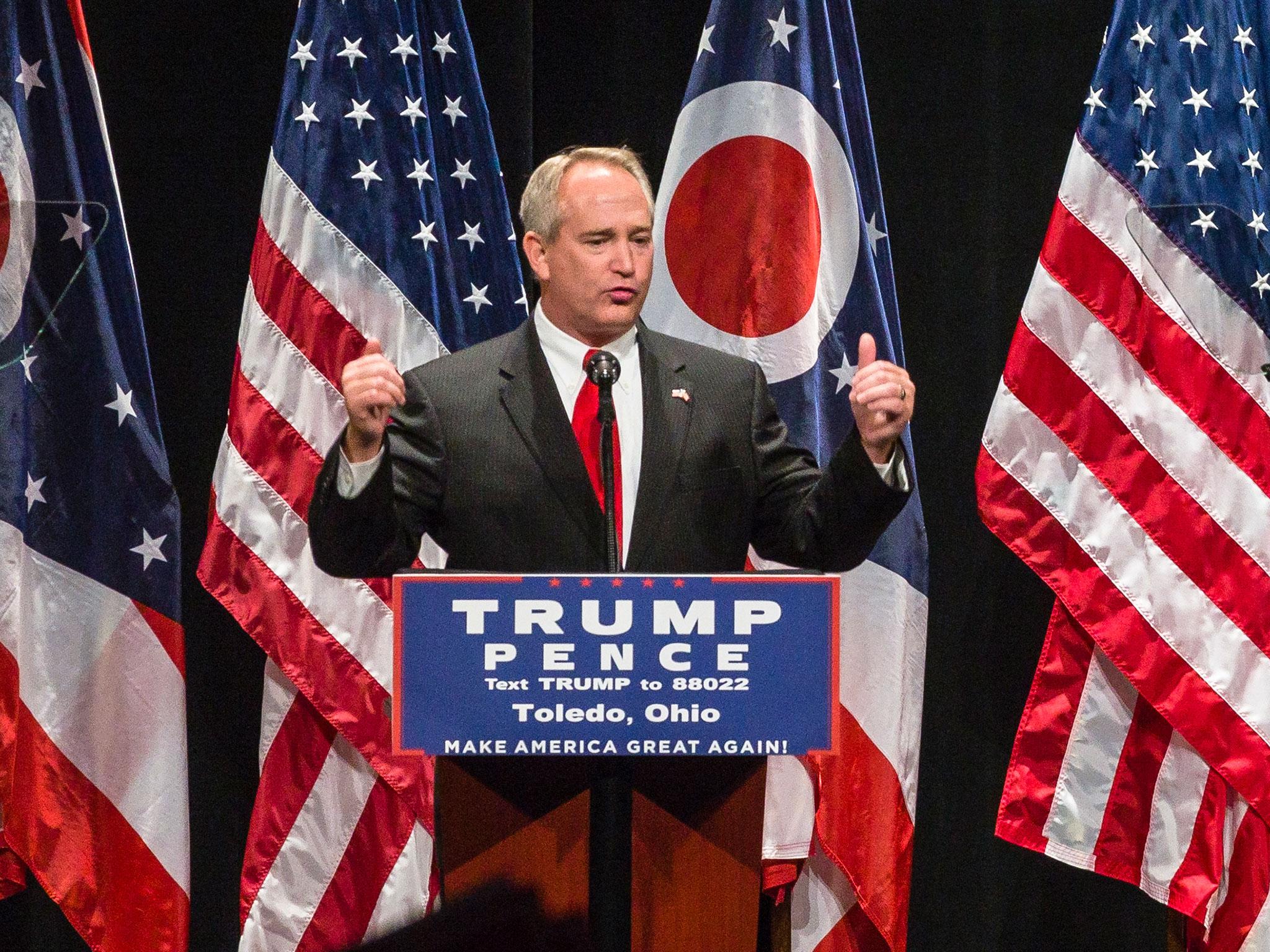Donald Trump's victory bolsters restrictive new 'Heartbeat' abortion law in Ohio
The bill will become the nation's most strict abortion law

Your support helps us to tell the story
From reproductive rights to climate change to Big Tech, The Independent is on the ground when the story is developing. Whether it's investigating the financials of Elon Musk's pro-Trump PAC or producing our latest documentary, 'The A Word', which shines a light on the American women fighting for reproductive rights, we know how important it is to parse out the facts from the messaging.
At such a critical moment in US history, we need reporters on the ground. Your donation allows us to keep sending journalists to speak to both sides of the story.
The Independent is trusted by Americans across the entire political spectrum. And unlike many other quality news outlets, we choose not to lock Americans out of our reporting and analysis with paywalls. We believe quality journalism should be available to everyone, paid for by those who can afford it.
Your support makes all the difference.Ohio's twice-defeated bill to outlaw abortions if a heartbeat is detected was and passed because of Donald Trump's presidential election victory, the state's Senate President has said.
The bill, passed on Tuesday night by a House committee, will prevent abortions as early as six weeks into a pregnancy, easily becoming the nation's most strict abortion law.
Keith Faber, a Republican, said the bill was reintroduced because of Mr Trump's victory and the expectation he will fill Supreme Court vacancies with justices who are more likely to uphold stricter abortion laws.
"One, a new president, new Supreme Court justice appointees change the dynamic," Mr Faber told reporters.
When asked if he expected the proposal to survive a legal challenge, he replied: "I think it has a better chance than it did before."
The ban would make an exception if the mother's life is in danger but not in cases of rape or incest, he added.
It will now pass to the desk of Governor John Kasich who, although he opposes abortion, has previously said the bill may be unconstitutional.
He has not said whether he plans to sign the measure, which he has 10 days to do — not counting holidays and Sundays.